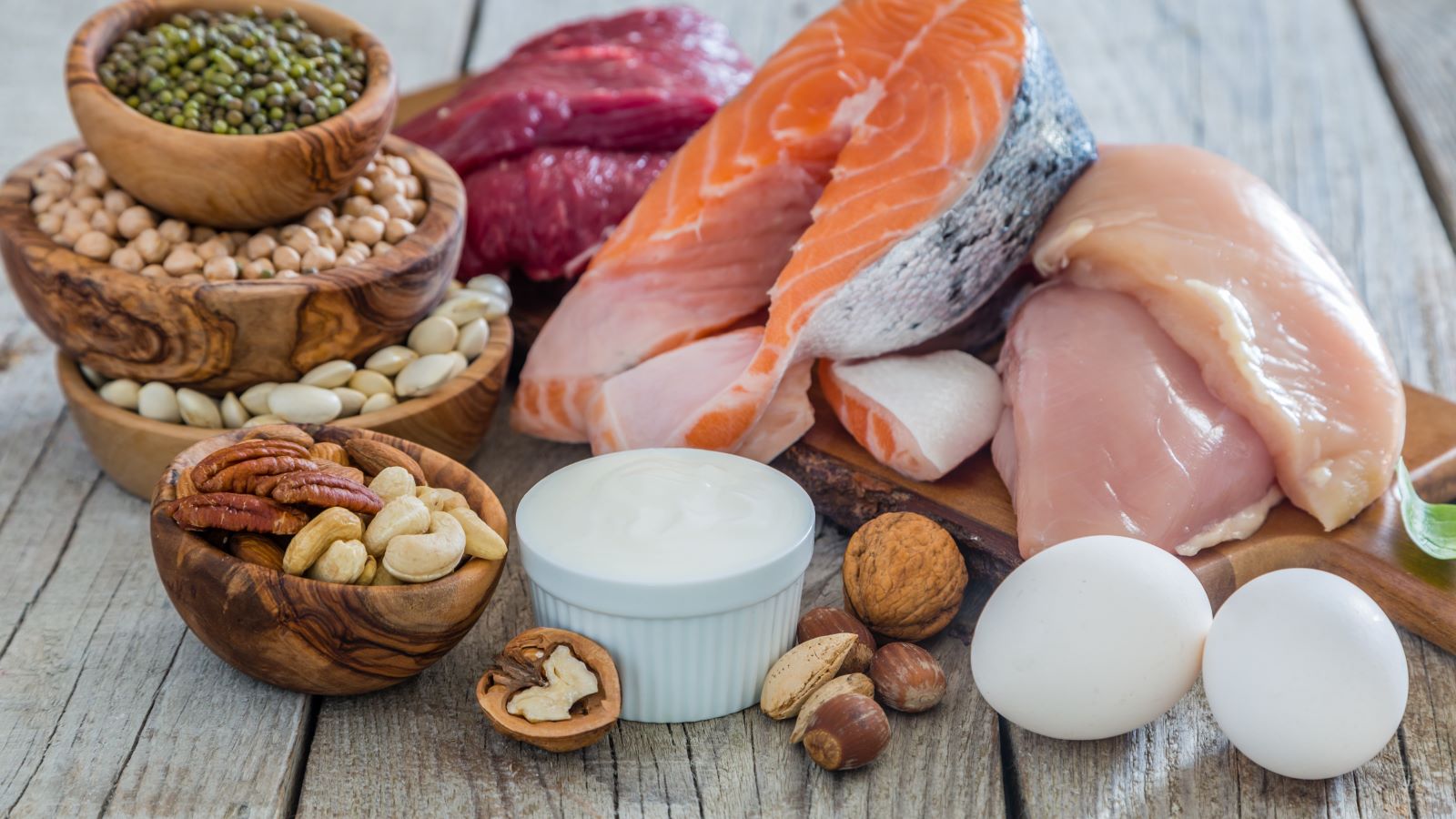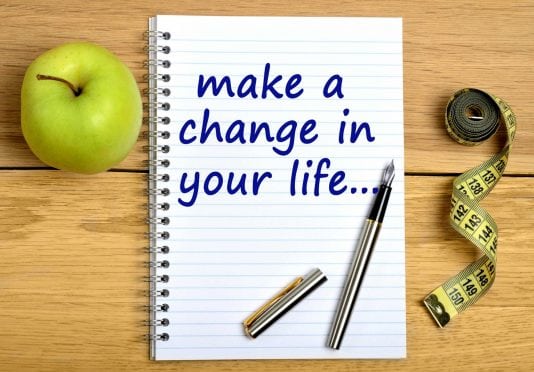From shakes to meal prep, it seems like everyone’s trying to get more protein in their diet. But which protein sources are best?
We asked an expert for seven ways to add more protein into your diet.
But first, how much protein do I actually need?
Protein needs vary from person to person, says Cassandra Vigue, RDN, registered dietitian with Hartford HealthCare, but she says there’s a good rule of thumb you can follow.
“Anywhere from 20-25% of your daily calories should come from protein,” says Vigue.
Not sure how to eyeball it?
“You should be aiming for 3-4 ounces of protein per meal, which is roughly the size of your palm,” she says. “And it’s important to incorporate protein in your snacks, too, to stay full throughout the day.”
1. Lean meat.
It probably doesn’t come as a surprise, but lean meat tops the list.
“Lean, or low-fat, protein is typically the best option,” says Vigue. “If it’s possible, choose something without skin or visible fat. These include chicken breast, pork tenderloin and 90% lean ground beef.”
They aren’t just great sources of protein, these foods are also packed with zinc and iron.
“Zinc supports the immune system and helps your metabolism, while iron is key for red blood cell production,” Vigue notes.
> Want more health news? Text StartHere to 85209 to sign up for text alerts
2. Fish.
Low in “bad” fat and high in “good” fat, fish is another promising option.
“Fish tends to be lower in both fat and calories than other animal proteins, making it a popular choice. It’s also rich in omega-3 fatty acids, which are important for heart health,” says Vigue.
Not sure where to start? Here are some of the most nutrient-dense fish you can choose:
- Salmon
- Tuna
- Trout
- Cod
- Mackerel
3. Legumes.
These aren’t just a healthy carbohydrate, they’re a great source of protein, too.
“Legumes offer plenty of different benefits,” says Vigue. “They’re known for their fiber and protein, but are also loaded with folate, potassium, iron and zinc. They’re also versatile – you can substitute them for a carbohydrate or a protein to get some extra nutrients.”
New to eating legumes? Here are a few to try:
- Lentils
- Beans
- Peas
- Chickpeas
- Edamame
“These are easy to add to salads, grain bowls or even stews for some extra protein or fiber. Or you can use chickpeas for a homemade hummus spread, which is great to add to wraps,” says Vigue.
Sound too intimidating? Try starting with a simple substitution like lentil pasta.
> Related: Is Plant-Based Protein as Good as Meat for Building Muscle?
4. Soy products.
Struggling to get enough protein in your diet without relying on meat? Look no further.
“Soy proteins like tofu and tempeh are some of the most nutritious options out there. These are considered ‘complete proteins,’ because they contain all nine essential amino acids that our body needs to promote healthy cell growth,” says Vigue.
And if one bad experience with tofu put you off?
“Just like meat, soy proteins should be well seasoned,” says Vigue. “I love to break tofu up and sauté it in a pan like ground beef, or marinate it and bake or air fry until crispy.”
5. Nuts and seeds.
Looking for another plant-based option? Nuts make a great snack, while seeds can be roasted with olive oil for a savory treat.
“Like everything, it’s important to have these in moderation,” says Vigue. “Nuts can be high in calories, so try to stick to a portion size of one ounce (or roughly a quarter cup).”
Both nuts and seeds have a variety of different benefits, ranging from fiber to healthy fats. Choose options like:
- Peanuts
- Almonds
- Pistachios
- Pumpkin seeds
- Chia seeds
6. Eggs.
If buying lean meat for every meal just doesn’t seem practical anymore, eggs offer an inexpensive alternative.
“Eggs are packed with amino acids – the building blocks for protein,” Vigue notes.
And according to some research, eating an egg every day can also reduce your risk of a stroke.
7. Protein shakes
The best way to get protein is from whole foods, says Vigue.
“Solid protein, from the food you eat, will make you feel more full because it takes longer to chew and digest,” she says.
But protein shakes can still have a role in your diet.
“If you need a quick source of protein as a snack, these shakes can be a good option. They’re also a better choice than skipping a meal altogether,” she adds.


